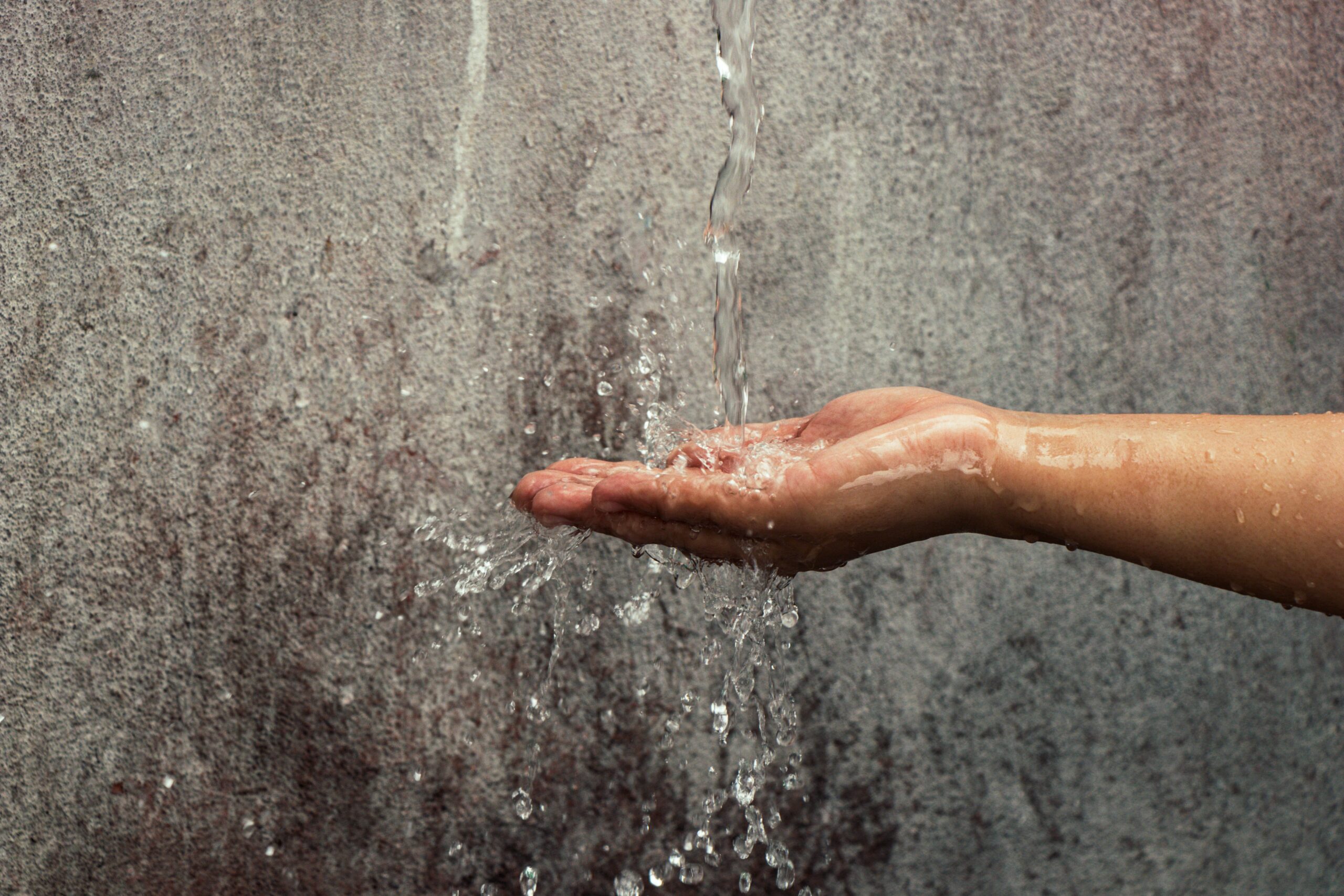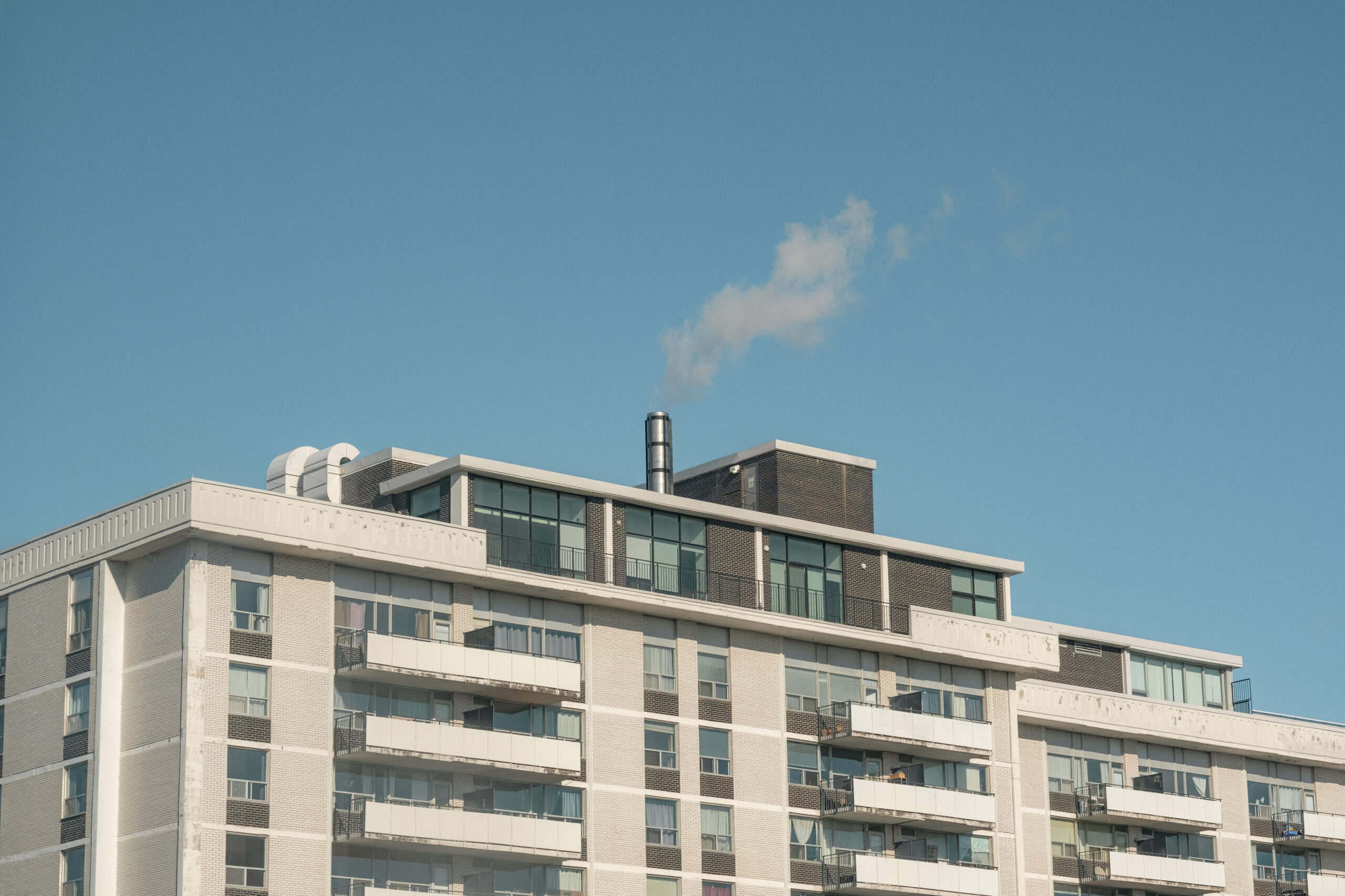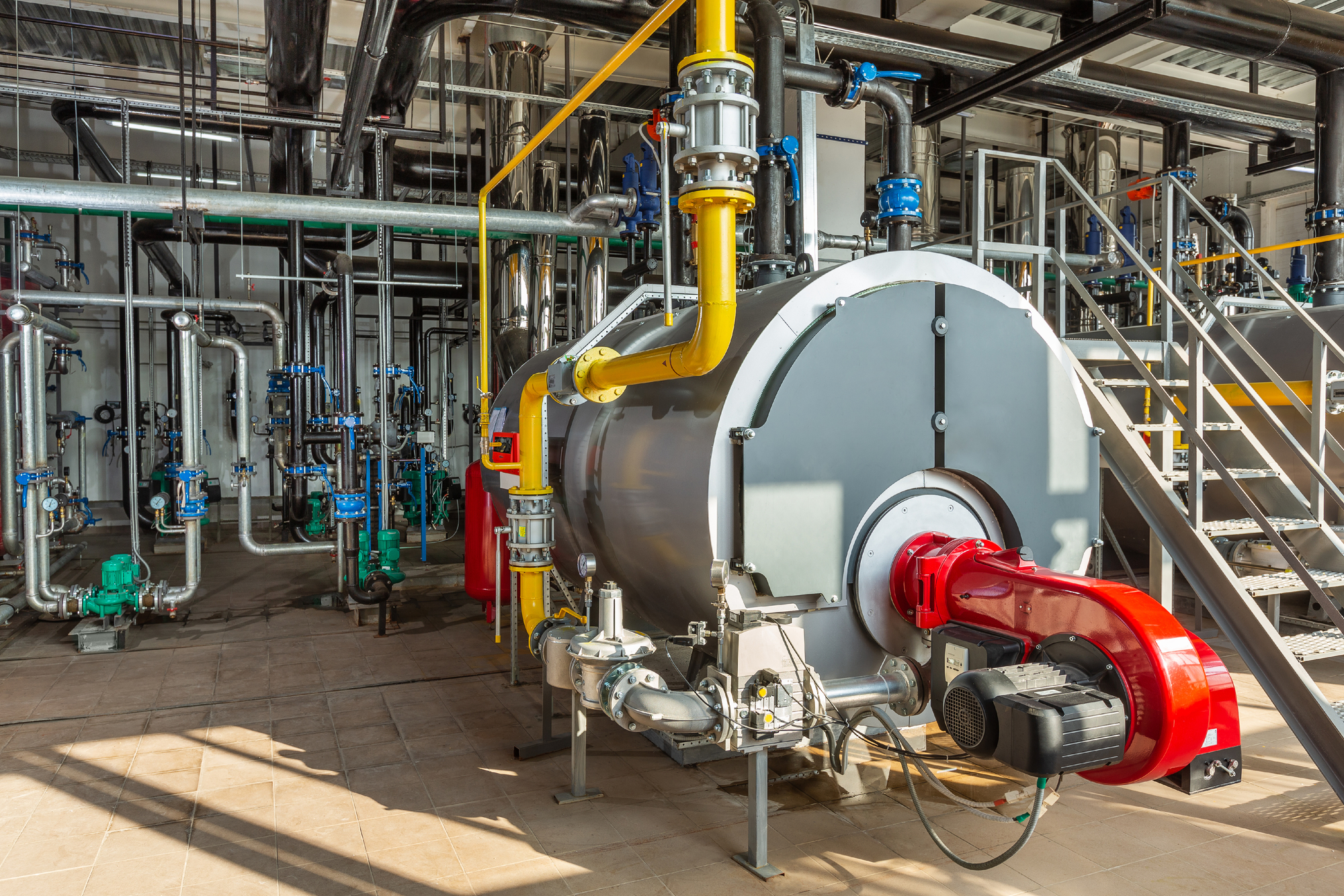Explanation of Water Loss in Commercial Boilers

Why is the Boiler in my Multi-family Building Leaking Water?
This is a loaded question. There can be a variety of reasons why a boiler will lose water. Some of the main contributors are corroded pipes, high boiler pressure, loose joints, or poor installation. These factors cause the boiler, air valves or return lines and pipes to leak water, which can severely impact boiler efficiency and raise the building’s fuel bills. It can also increase water costs for those who do not pay a flat fee. Read further for more information on how to track water loss and pinpoint the underlying problems so you can resolve them quickly.
Common Areas of Water Loss for Commercial Boilers
Leaks are commonly found in the return line, air valves and in the boiler itself.

Return line leaks are underground and are often not visible. These leaks are commonly found in places that are rarely used, such as the tank room, storage room or in an area where the ground was raised due to renovations. They can also be in the basement floor areas where there is moisture or in a spot that is hotter than the rest of the floor. The heat from the return water can sometimes be felt close to the leak which can assist in detecting where the leak is.
Another point to keep in mind is that large amounts of water loss are usually caused by multiple return line leaks in one property. This adds to the difficulty in pinpointing the origins of the water loss, as there may be multiple sources. Even if a repair is completed on one line, the entire problem may not have been eliminated.

The air valves on each radiator have a lock which keeps the steam from escaping when it passes through the radiator. If the valve does not lock, the valve remains open and passing steam is released into the room. This will cause some water loss with each boiler cycle. While it is expected to lose minimal water with each heating cycle, it is important to be aware of what is considered a normal amount. Read further on to understand what is the normal range of water loss for your property.

Leaks in the boiler itself may be due to excess pressure and loose or damaged seals and joints. Sometimes the water will drip straight into the pump pit, which pumps water out of the building. Read on for further information on different kinds of boiler leaks.
Why is my Boiler Leaking From the Bottom?

The most likely reason why you see water pooled around your boiler is a result of pressure issues. Boilers have an outlet pipe that releases excess pressure. This pipe does not have sealed fittings in order to allow the pressure to escape. Water will occasionally drip out as a result of this. A large amount of water coming out of the pressure outlet pipe can indicate that the boiler pressure is too high. You may need to bleed your boiler to lower the pressure. Alternatively, you may want a qualified professional to check it out and verify what the underlying issue is.

Loose Joints are another reason why your boiler may be leaking water. When the temperature in the boiler changes from hot to cold, the boiler expands and contracts. This can cause the joints to loosen and leak water. This is relatively simple to resolve and sometimes all that’s needed is simply to tighten the joints.

Damage to seals or body of the boiler can happen over time due to the boiler contracting and expanding repeatedly. This regular wear and tear can sometimes lead to cracks and damages that cause leakages. If there is a crack in the body of the boiler (and it is old) it may be more worth it to replace the boiler than repair the crack.
For more info on boiler leaks click here.

Manual Water Feed Versus Automatic Water Feed
Newer boilers typically have automatic water feeds (AWF) which add water as the boilers lose water. Together with a boiler control, this would enable you to track when the boiler loses water and pinpoint if the leak is in the return line or not. In contrast, a manual feed depends on on-site personnel adding water. A large amount of water being added daily with a manual water feed indicates a leak. Since water is not added to the boiler right after it leaks, it is harder to track when the boiler is losing water and the location of the leak.
How Can I Track How Much Water my Boiler is Losing and the Timing of Water Loss?



The answer to this will depend on whether you have a good boiler control with a water meter and an AWF. When you have a water meter connected to a boiler control such as the Stealth, there is an easy way to track your boiler’s water loss. With online readings, you can track when and how much water your boiler is losing. Reports and charts such as the ones above are available on the Entech App and client website for easy reference to pinpoint exactly when the boiler loses every gallon of water.

If water was lost when the boiler was not running for heat as displayed in the graph above, the leak is usually in the boiler itself or in the return lines right near the boiler. If water is only lost during the heat cycles, the leak is generally in the return line. Air valves don’t usually create a large leak, they just contribute to an existing one.
If you do not have an online water meter, you can check the onsite water meter readings daily. This will let you know how much water the boiler is losing, though it will not notify you the time the water is lost.
Is Boiler Leakage an Emergency?
A leaking boiler can potentially cause a lot of damage to the boiler’s infrastructure, other boiler room equipment and more. Also, if a return line leak is right below a first floor unit, the tenants may get burns from stepping on the hot floor. It is a good idea to track when and how much water the boiler is losing.

If the number of gallons of water loss is less than 2% of the water content of the boiler, it is within normal range during the heating season. More than that is the starting point for concern. If you are unsure of the actual boiler size then you can base it off the number of units in the building; though it is a less accurate assessment. More than one gallon of water loss per unit in the building generally indicates a leak. In the summer when the boiler does not provide heat, ideally the boiler should not lose water. For serious leaks you may want to have a qualified engineer come down and take a look.

Detecting Where Boiler Leaks Are Coming From
It is complicated to discern where leaks are coming from. Once the timing of water loss is determined, one can verify if it is likely to be a return line leak or not. Finding the exact location is very tricky. An experienced superintendent can sometimes locate leaks. For serious leaks that are not visible, you may want to have someone who specializes in this come down such as The Water Group. They provide site surveys to determine where the leaks are coming from and guide you on how to resolve the issue. You will likely need to hire a plumber to repair the leak once the origin is determined.
Conclusion
There are many reasons why your boiler may be leaking. In all cases, it is important to track how much water is lost and when. A professional should be called if you determine that there is a serious leak. Reports and graphs of the water loss will help you have a better idea of where the leak may be. Sending this data to a leak detection specialist will assist them in locating the leaks – enabling them to advise you how best to resolve the issue.


